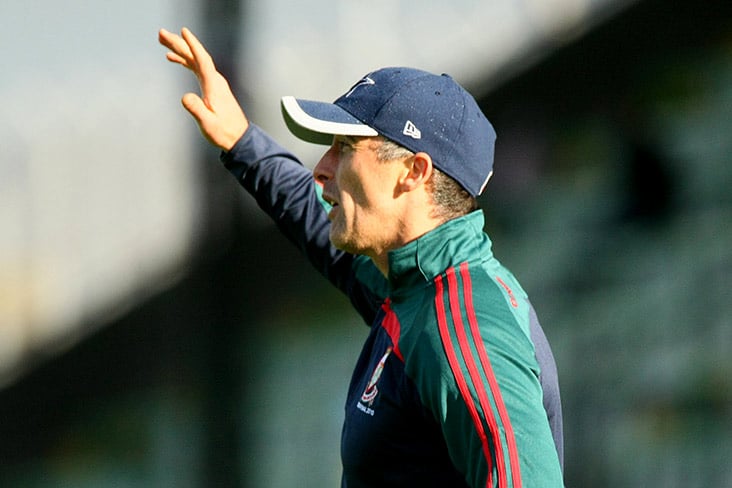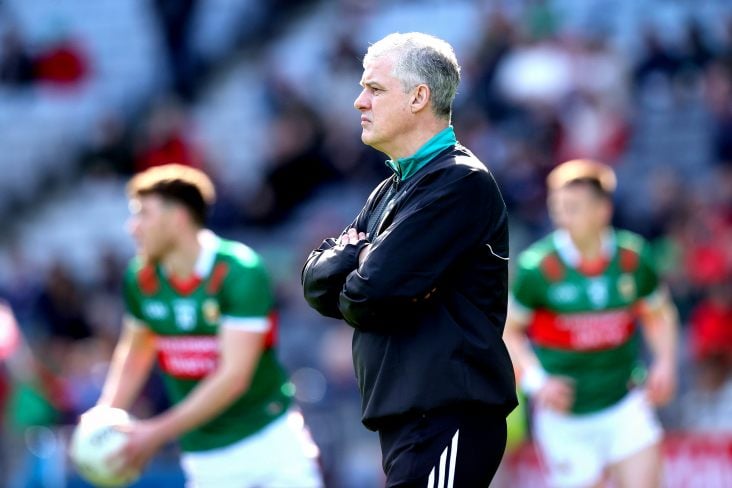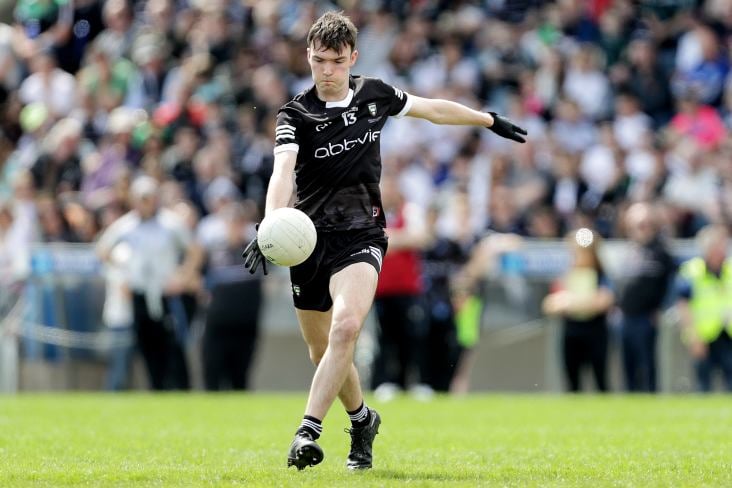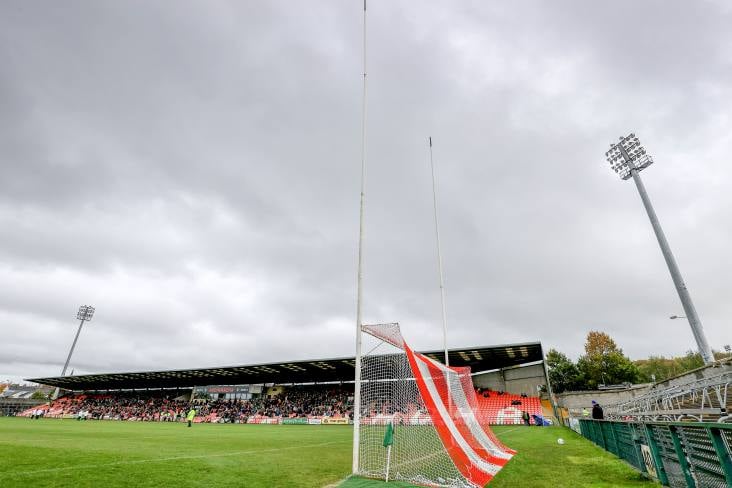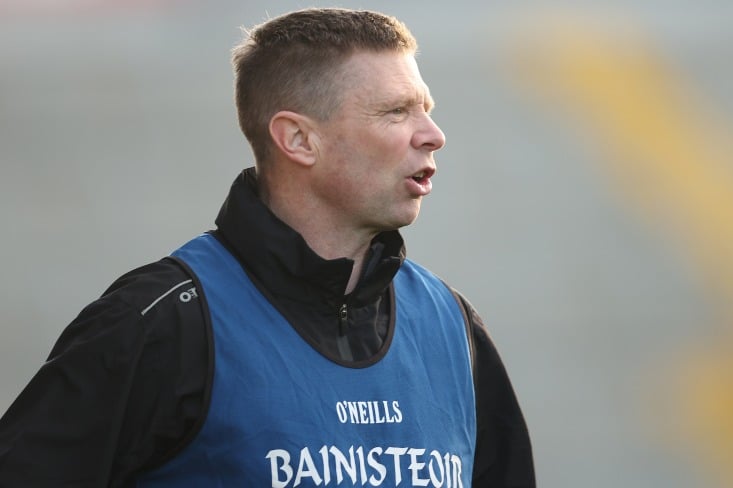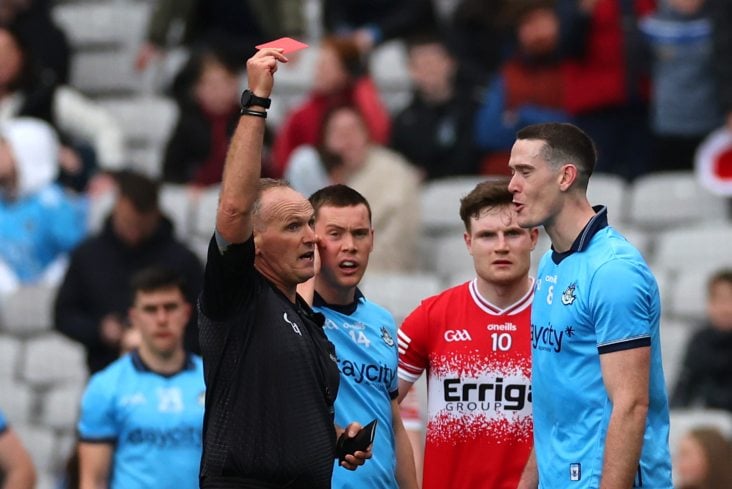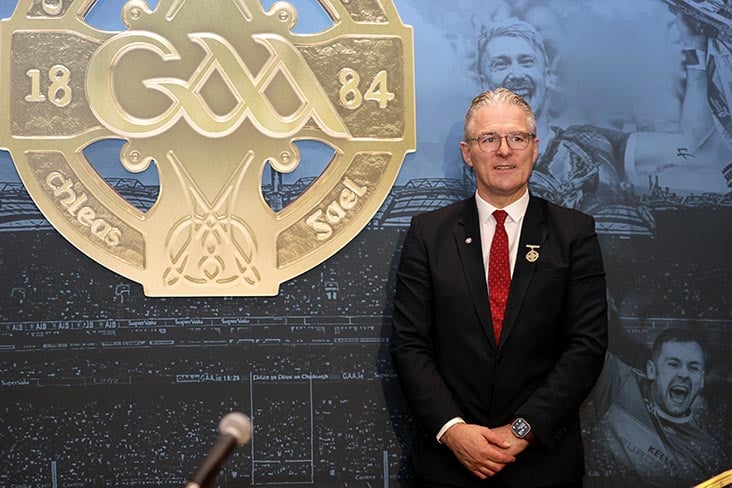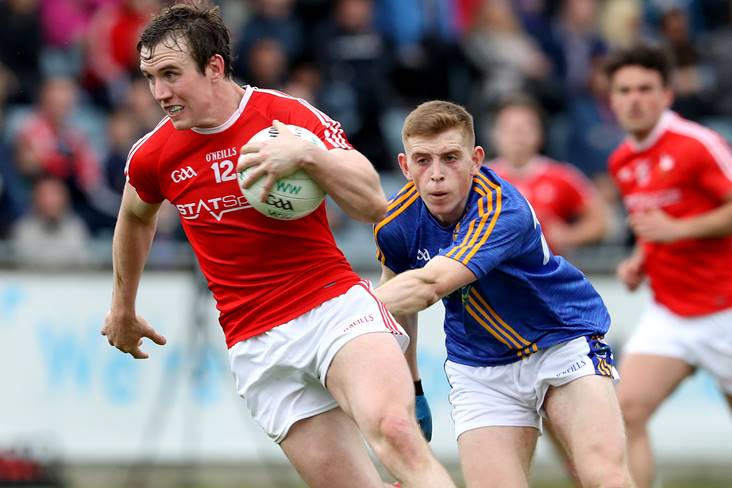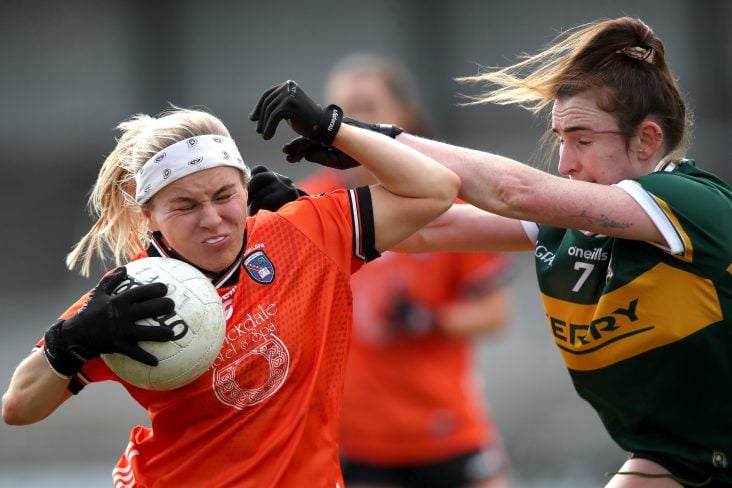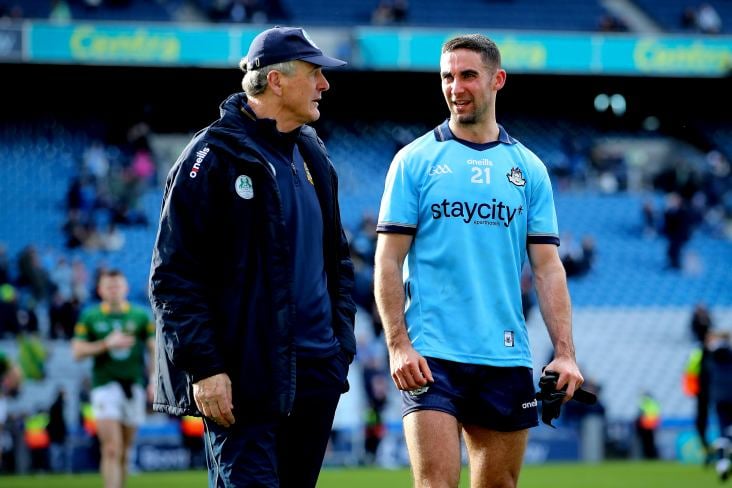Royal refs are at the top of their game
November 27, 2010The Blackhall Gaels' clubman refereed the 2007 final in which Kerry defeated Cork and was selected for the big one again this year when Cork and Down met in the decider. He has officiated at a host of other big games, including this year's Ulster senior decider between Tyrone and Monaghan, and has also acted as Ireland's referee for the International Rules' Series against Australia which was another clear vote of confidence in his abilities.
Joey Curley and Cormac Reilly are other Meath referees who have been chosen for high profile matches and Moynalty's Curley took charge of this year's Leinster minor final between Longford and Offaly, having refereed the Leinster junior decider between Louth and Longford at Croke Park last year.
Of course, Coldrick was following in the footsteps of Meath people like Peter McDermott who had the extraordinary distinction of refereeing an All-Ireland final while he was still an inter-county footballer, and Paddy Kavanagh who refereed the 1985 decider between Kerry and Dublin. There was also Richard Blake who took charge of the 1894 final between Dublin and Cork.
McDermott refereed the final between Kerry and Armagh in 1953 and a year later captained Meath to their victory over Kerry in the decider. Two years later he took charge of the final involving Galway and Cork. It's probably safe to say that his amazing achievement will never be repeated.
It also goes without saying that refereeing isn't everybody's cup of tea, but those who do carry out this hugely important and responsible task will tell you that they do so because of the enjoyment they get out of it. The bottom line is that without people like Coldrick, Curley, Reilly and the countless others who referee matches at every level all over the country there would be no Gaelic Games.
Jimmy Henry played a huge amount of football and hurling games during a long and successful career and he refereed his fair share of matches too. These days he carries out the important role of Referees' Co-ordinator in Meath and is also chairman of the Meath Referees' Association. He's a busy man, to say the very least.
"It's nearly a full-time job - without the funding," he said. "It involves meetings once or twice a week throughout most of the year." It's undoubtedly a busy schedule, but you get the sense that he really enjoys it.
He was thrilled with the news that Coldrick was appointed for another All-Ireland final and views it as a big boost for refereeing in the county.
"It's a great honour for Meath and the referees in the county," he added. "It's David's second final in four years. He would have had plenty of opposition this year, but he came out on top. We must be doing something right in Meath. Joey Curley and Cormac Reilly are also doing very well and we have others coming through the system who I believe could referee All-Irelands in the future. The ingredients are good at the moment.
"David getting the final is a serious plus for all referees in the county and refereeing in general. It gives me a bench mark when I'm looking for new referees. We carry out a course each January and seeing one of our referees taking charge of an All-Ireland final is a big help in terms of recruitment."
Henry said he hasn't encountered any major difficulties on the recruitment front.
"I like to be hands on with the referees," he said. "I work closely with them. I go to each County Board meeting and get my five minutes to say what I have to. When it's coming up to recruitment time I also advertise in the local papers.
"In my first year I put 24 through the system and 20 stayed at it. We had 17 or 18 the second year and 12 last year. That in itself is very good. We had our first lady recruit last year, Cathy Butler who is a teacher in Trim. She has done the line in games and will referee within the schools' system. That was great to see."
Henry has witnesses many changes on the refereeing front over the years.
"When I started refereeing it was when an appointed referee didn't turn up that you got into it," he added. "That's not the way any more. They have to be certified every year now. If somebody refereed a game who wasn't certified and for some reason or other it ended up in court you wouldn't have a leg to stand on.
"Referees have to sit what's called an in-service course every year. If you don't do the in-service course you can't referee championship games, but you can do league games."
There is little doubt that referees in Meath are among the best looked after in the country. That's just how it should be when the amount of voluntary hours they put into what they do each year is taken into consideration. Like the players, they deserve to have their efforts recognised.
"We look after our referees very well in Meath," Henry stressed. "If they referee a county final from junior grade up to senior in hurling or football they get an outfit consisting of a jersey, togs and socks. We also run an annual dinner dance where presentations are made to any referee who takes charge of a championship or league final. That's been a great success in the last couple of years."
Unfortunately, there are those who seem to forget the importance of the role referees play within the GAA and the level of abuse hurled in their direction during and after games can be absolutely unacceptable. But Henry is happy that enough is being done in an effort to stamp out this unfortunate but probably inevitable side of hurling and football.
"In all honesty we have worked hard on the abuse issue over the last couple of years," he added. "We're not there yet, but we're getting there. People who are reported are being suspended. We really need to bring it down to a minimum.
"When it's coming from outside the pitch we don't have much say, but when it's coming from inside the pitch we can do something about it. Thankfully, in the last year or two we've been phasing it out. Threatening abuse is the worst. It's unacceptable. Verbal abuse can be hurtful, but threatening is more serious."
Incidents in certain games in more recent times have led to a call from some people for the introduction of some type of video evidence system. The conclusion of this year's Leinster SFC final between Meath and Louth when Joe Sheridan scored that goal is a case in point.
But do Gaelic Games, with a referee, two linesmen and four umpires (seven people in all) acting as officials really need to go down that road?
"Our games are all about fair play," Henry stressed. "I'm not too sure about the introduction of video evidence into our games. What happened at the end of the Meath - Louth Leinster final, that sort of thing can be hard enough to call.
"But perhaps there should have been more consultation between the referee and his umpires in that instance. I believe seven match officials is enough, but they have to work well as a team at the same time.
"Going into a game a referee should have his own umpires who are used to working with him. That's very important. They know his system and he knows theirs. At the same time, I know it can be hard to get umpires."
The appointment of David Coldrick to referee another All-Ireland senior final has been a source of great satisfaction for Henry and those involved in refereeing in the county. The big hope is that watching a Meath man officiating at the highest level will encourage others to get whistling. The games can't happen without them. Tweet
